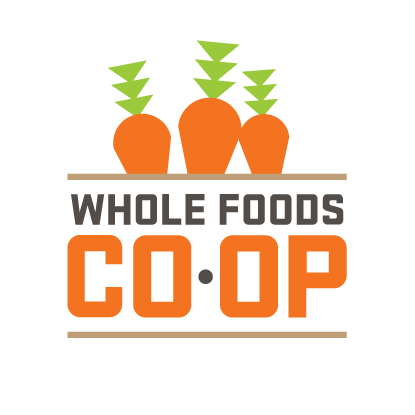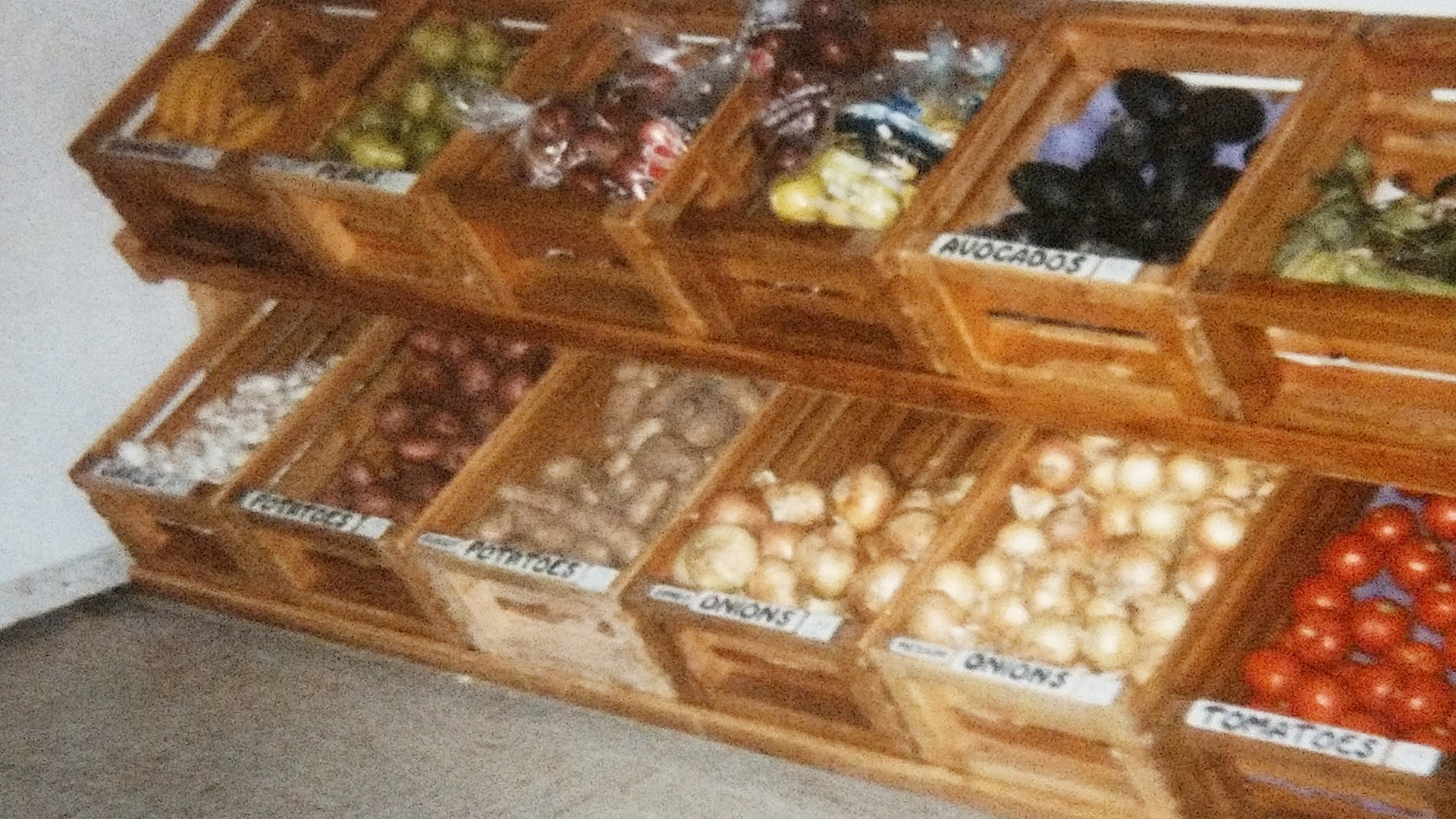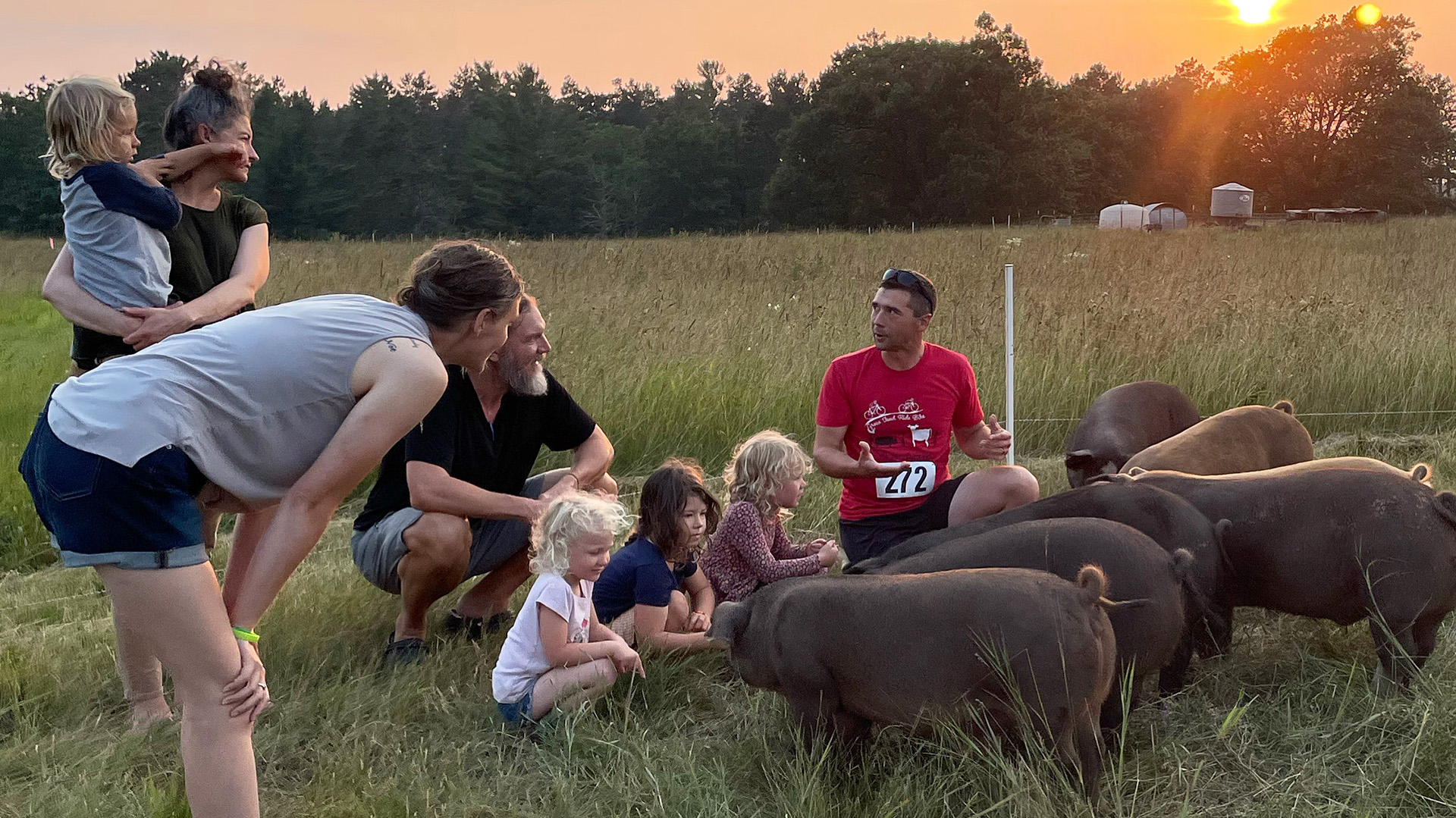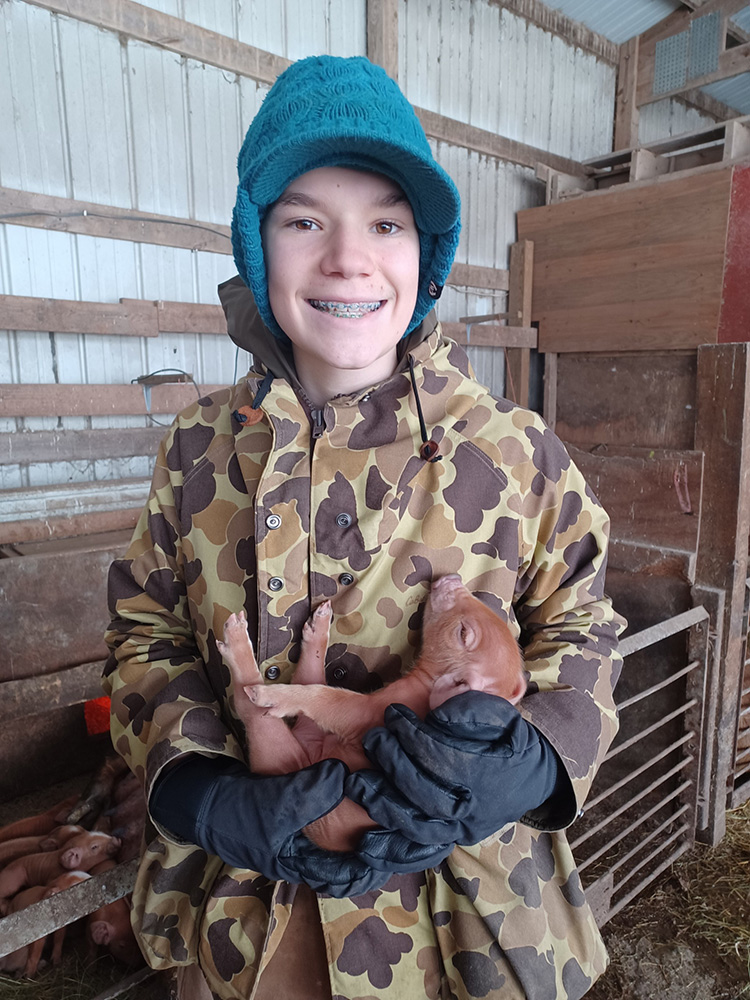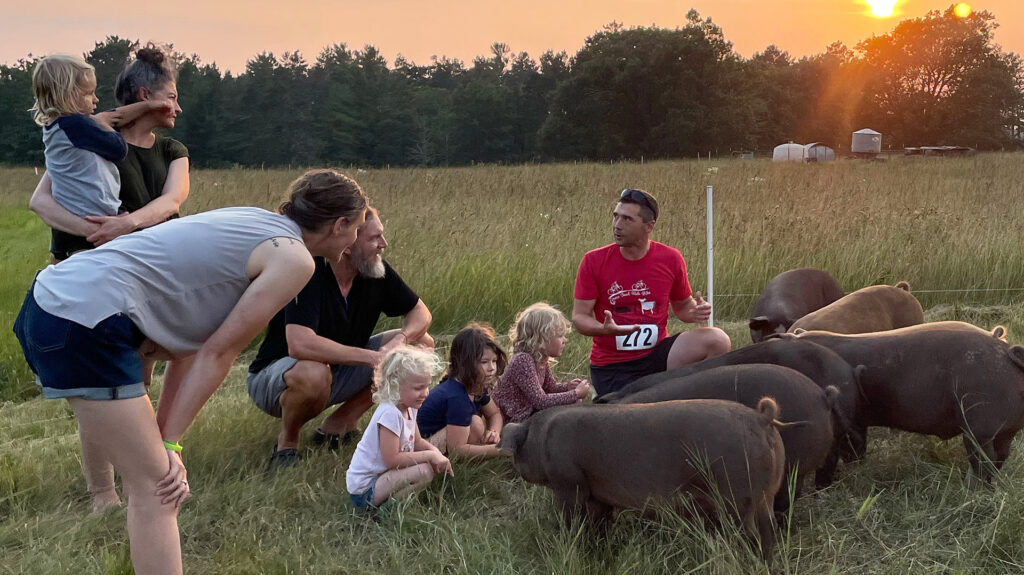A Legacy of Community and Growth
Arno Kahn’s path to Whole Foods Co-op was by way of a party in New York City. “There was a couple at a party in Harlem,” Kahn said. “I mentioned to them that I had a Number Two Duluth Pack. We struck up a conversation and the next time I was in Duluth, I visited them. They lived in the Chester Creek House, which was a very large house, and I ended up moving in!”
That house in Chester Creek also happened to be the home of the Food Buying Club, which was to become Whole Foods Co-op.
The Early Days
As a part of the small food buying club that operated out of a shared cooperative home in Duluth’s Chester Creek neighborhood, members of the buying club such as Kahn joined together to purchase bulk goods at lower prices, seeking to provide the community with access to healthier, more affordable food options. In these early days, these folks also took on roles in procurement, distribution, and clerking, ensuring that the organization functioned efficiently despite having no paid employees.
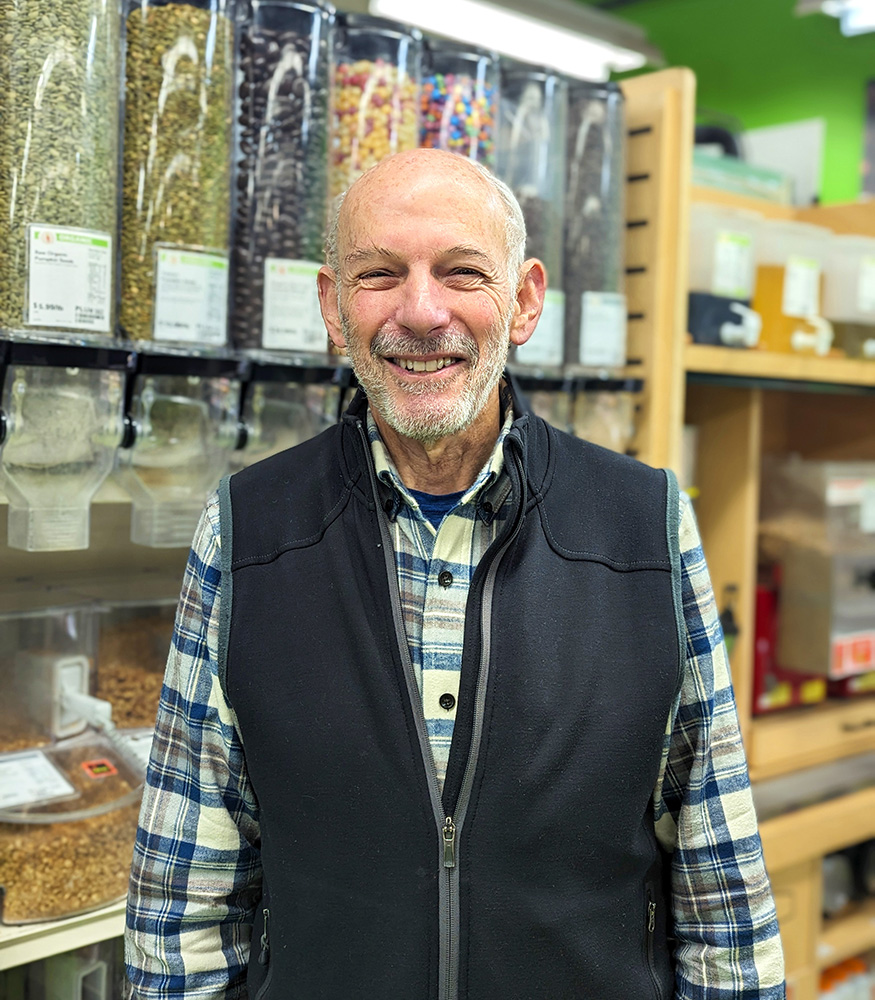
Kahn learned about the business of groceries through these early days at the Chester Creek house. He had previous exposure to starting co-ops through a project he did as a student in Brooklyn organizing a co-op garage. And, as the buying club became a co-op, and other co-ops began to pop up across the region, Kahn identified a need in the local food system. “When I first moved to Duluth, there weren’t many local food vendors,” Kahn explained.
To help with procurement and distribution, he started the Common Health Warehouse. The warehouse served as a vital food distribution hub, allowing smaller co-ops to access affordable, high-quality products. “We built the warehouse because there was a real need for centralized distribution,” Kahn recalls. “It was an exciting time, seeing co-ops across the region come together and grow through this shared resource.”
The Common Health Warehouse helped strengthen the regional food economy and solidify a reliable supply chain for co-ops across the Northland.
Building a Sustainable Future
The first Whole Food Co-op locations were modest, including a space on 8th Street and later in the building that now houses Burrito Union. Eventually, the demand outpaced these smaller spaces, leading to the purchase and renovation of the Co-op’s current building on 4th Street and 6th Avenue East in 2005.
The project, which involved renovating an existing structure, emphasized sustainability and energy efficiency. While the original architectural plans included expensive, high-performance mechanical systems, practical compromises had to be made to balance cost with long-term energy savings. Kahn’s contracting firm, Builders Commonwealth, a worker-owned cooperative, was the general contractor on the project. The architectural work was performed by LHB Architects. “This was a fun process,” said Kahn. “We had to weigh cost versus benefit—what was worth the investment and what could be adjusted to keep the project financially feasible.”
Strategic insulation and ventilation choices allowed the Co-op to maximize energy efficiency while maintaining affordability. The building became the first LEED-certified co-op structure in the country, setting a precedent for future projects.
A Lasting Impact
In the years since, Ownership has grown exponentially. “When the Co-op moved to its current Hillside building 20 years ago, Ownership was around 2,500,” Kahn shared. “Now, it’s over 14,000. That kind of steady growth is incredible.”
The Co-op’s ongoing success across the Hillside location and a second location in Denfeld that opened in 2016, is due to the engaged community around it, made up of people like Arno Kahn who have invested their time and energy into building this Co-op from the ground up. From early days of ideation and implementing regional distribution, to the remodel of the current Hillside location, and ongoing maintenance of the current building, the Co-op thrives because of engaged Owners like Kahn.
“There have always been different ideas around what a Co-op should be,” Kahn said. “But ultimately, it has succeeded in creating a welcoming space where people can shop, gather, and support their values through the food they buy.”
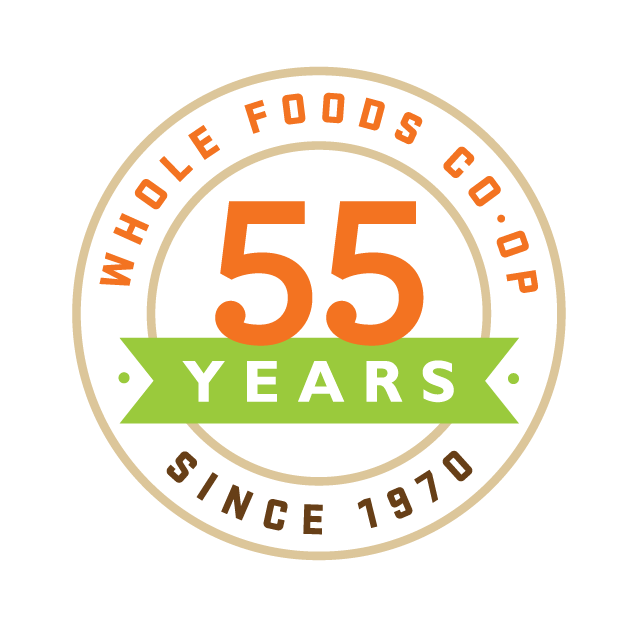
Whole Foods Co-op Celebrates 55 Years
This year Whole Foods Co-op marks 55 years of being community-owned and led, making positive impacts on local farmers, shoppers and the communities we serve. In celebration, we’ll be releasing a series of profiles of just a few of the many people across our history who’ve helped shape Whole Foods Co-op into what it is today.
What’s your favorite memory of Whole Foods Co-op? Share it with us!
